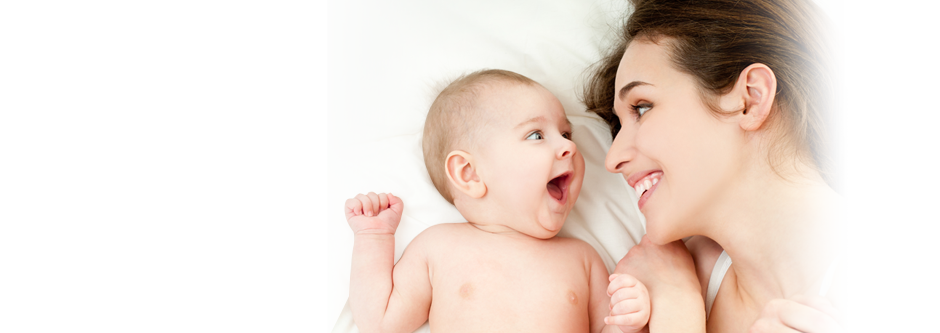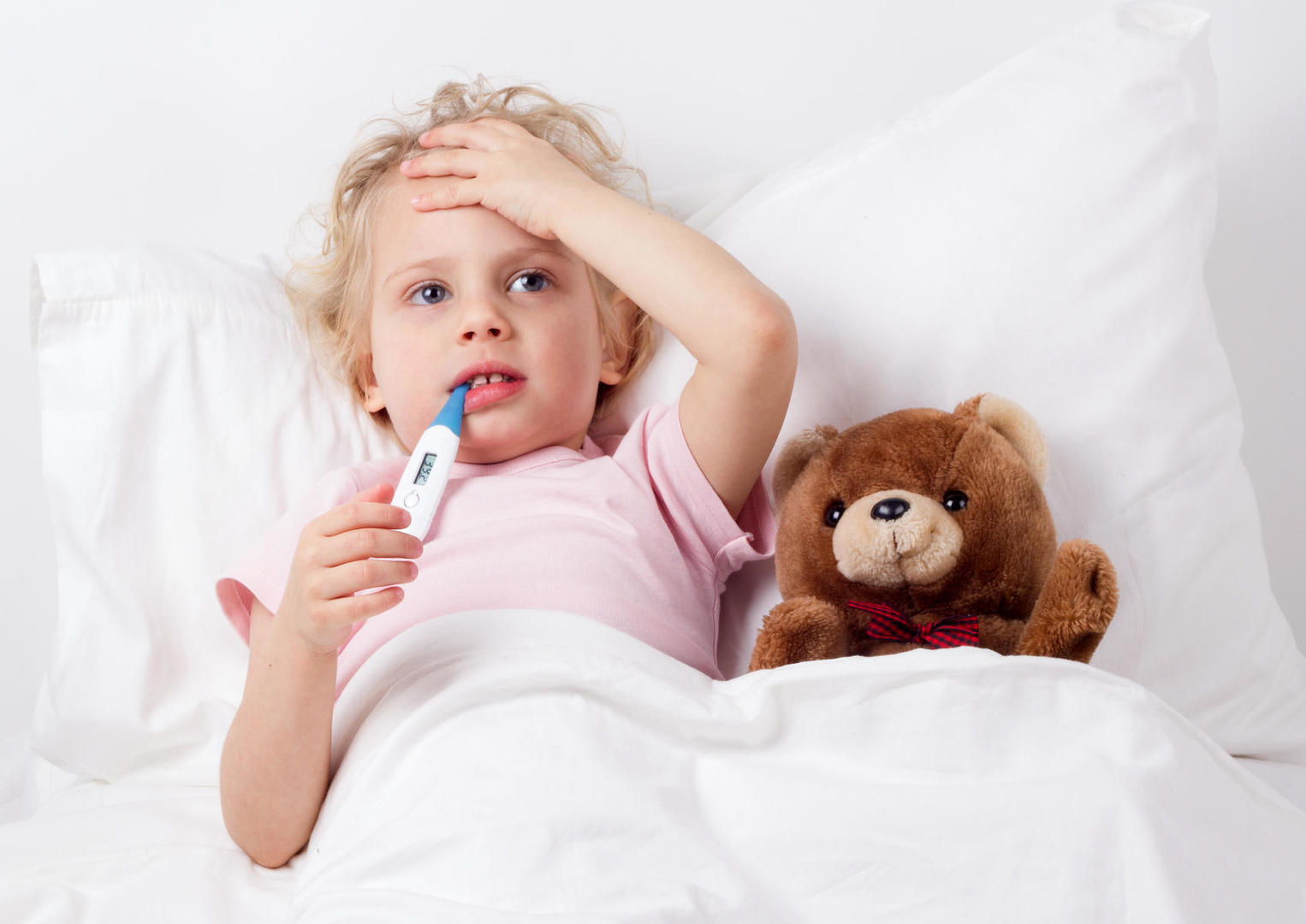FEVER PARENT EDUCATION
Guidelines

Fever Parent Education

- WHAT IS THE NORMAL TEMPERATURE RANGE?
- The normal body temperature - for females 98.2 and for males 98.6.
- Body temperature increases 1° f by evening.
- The normal temperature ranges based on the routes of temperature assessment, are the following:
- Rectal: 97.9, to 100.4° f, ear: 96.4 to 100.4°f, oral: 95.9 to 99.5°, and axillary 97.8to 99.5°f.
- RECOMMENDED TEMPERATURE MEASURING TECHNIQUES BASED ON THE AGE
- THERMOMETERS AND ACCURACY
- PRIMARY GOALS OF TREATMENT
- Ensure that the child is getting adequate sleep.
- Focus on sufficient fluid and food intake of the child.
- Focus on general wellbeing of the child and lessen the irritability. Most of the viral fevers do not cause brain damage or febrile seizure.
- BENEFITS OF ANTIPYRETIC THERAPHY
- To reduce the overall discomfort of the child.
- To reduce water loss due to dehydration.
- To buy time to investigate and diagnose the underlying problem.
- THE POTENTIAL BENEFITS OF FEVER INCLUDE
| AGE | RECOMMENDED TECHNIQUE |
|---|---|
| 0 TO 6 MONTHS | RECTAL OR AXILLARY (FOR SCREENING LOW RISK CHILDREN) |
| 6 MONTHS TO 2 YEARS | AXILLARY OR RECTAL |
| 2 YEARS TO 5 YEARS | AXILLARY OR RECTAL (OR TEMPORAL ARTERY IF IN HOSPITAL) (SCREENING) |
| > 5 YEARS | ORAL (DEFINITIVE), AXILLARY, TYMPANIC (OR TEMPORAL IF IN HOSPITAL) (SCREENING) |
The most accurate thermometer is digital thermometer.
Eardrum thermometer is good for quick screening. Whereas the forehead strip, infrared emitting detectors etc. are comparatively less reliable.

The primary goals of treating a fever are the following:
Retardation of bacterial or viral growth, proliferation of t lymphocytes, production of neutrophils, and elicit acute phase reaction. Limited data shows that not treating a viral fever may actually help in shortening the course of fever, as the high temperature may kill the viruses.
- COMMON CONCERNS BY THE PARENTS AND ANSWERS BY THE CLINICIAN
- DO’S AND DON’TS FOR HOME CARE:
- Use tepid water for sponging, avoid alcohol or cold water.
- Make the child to wear loose clothes while taking rest.
- Keep room cool with overhead fan / cooler or AC.
- Encourage the child to sip fluids in between medications.
- Watch for urine output and hydration.
- Medication may be given empty stomach.
- Avoid wrapping the child in wet clothes while sponging.
- Avoid overclothing.
- Do not wake up the child to take medications.
- Don’t use adult medication for children
- Don’t use household cups and teaspoon for measuring drugs.
- Should not give > 5 doses of crocin within 24 hours
- Ibuprofen should be given only if the child’s water intake is adequate and is not recommended in < 6 months of infants.
- WHEN TO SEEK MEDICAL ATTENTION?
- Temp ≥ 103°f
- Child < 6 months old.
- Fever more than 24 hours
- Fever combined with rashes, or if the child is looking sick, sleepy, lethargic, excessive cranky, fussy and irritable or not responding.
- Seizures
- WHAT TEMPERATURE IS BAD
- गृह देखभाल के लिए क्या करना और क्या नहीं करना करना है : -
- (स्पंजिंग) पानी से पट्टी करने के लिए सामान्य पानी का उपयोग करें ठन्डे पानी या स्पिरिट का नहीं।
- बच्चे को हल्के और ढीले कपडे पहनायें।
- कमरे को पंखा / कूलर/ ए.सी. से ठंडा रखें।
- दवाइयाँ देते समय बीच - बीच में बच्चें को तरल पढ़ार्थ का सेवन करवायें।
- बच्चे में पानी की कमी न होने दे, ध्यान दे की बच्चा बराबर मात्रा में पेशाब करता रहें।
- दवाइयाँ खाली पेट भी दी जा सकती हैं।
- पानी की पट्टी करते समय बच्चे को गीले कपडे में न लपेटे, न ही पट्टी को सिर पर रखे ।
- बच्चे को ज़्यादा कपडे न पहनायें।
- सोते समय बच्चे को दवाई लेने के लिए न उठायें ।
- किसी भी बड़े व्यक्ति की दवाई बच्चो को न दे।
- दवाइयाँ देते समय दवा को मापने के लिए घर में उपयोग होने वाली चमच्च या कटोरी का इस्तेमाल न करें।
- 24 घंटे के भीतर क्रोसीन की 5 से ज्यादा खुराक नहीं देनी चाहिए।
- 6 महीने से कम उम्र के बच्चे को इबुप्रोफेन न दे। इबुप्रोफेन देते समय ध्यान रखे की बच्चा बराबर पानी लेता रहे।
- चिकित्सक को कब दिखाये / खतरे के लक्ष्ण!
- TEMP ≥ 103͒F
- 6 महीने से कम उम्र के बच्चे को बुखार आये ।
- 24 घंटे से अधिक उच्च तापमान हो ।
- बुखार के साथ शरीर पर चकते पड़ना, बच्चा सुस्त हो, चिड़चिड़ा हो , बेहोश हो , परेशानी ज्यादा लगे, बड़बड़ाए ( कुछ कुछ कहना ), आहार न ले आदि लक्ष्ण दिखे।
- बुखार के साथ दौरा आये ।
| START ANTIPYRETICS EVEN IF THE FEVER IS < 100°F | NOT NECESSARY |
| SHOULD WAKE UP THE CHILD FOR THE MEDICATION | NOT NECESSARY. SLEEP IS NECESSERY FOR RECOVERY. |
| THE DRUG DOSAGE IS TOO MUCH OR TOO LITTLE (50% OF THE PARENTS). SUPRANORMAL DOSES (15% OF THE PARENTS) | THE DRUG DOSAGE SHOULD BE DETERMINED BASED ON THE WEIGHT OF THE CHILD. AN ACCURATE MEASURING OF THE DRUG IS IMPORTANT. |
DO’S
DON’TS
Hyperthermia is a condition where the body temp. rises, since the outside temp is too much for the body ‘s cooling system to manage. There is a greater possibility of getting a heat stroke when temperature is too high, as it is beyond the body’s capacity to dissipate heat.
IMP- DON’T LEAVE THE CHILDREN ALONE IN A CAR, AS THERE IS AN INCREASED RISK FOR HYPERTHERMIA DUE TO HEAT TRAPPING.
A UNIT OF GIRDHAR HEALTHCARE PVT LTD
A Center For Gynecological, Obstetric and Pediatric Services
Links
Address
- Address: Bawa Tarana Road, Khanna Colony Near Bus Stand,
Sonipat, Haryana - 131001 - Phone: 0130 - 2237470
- Phone: +91 - 98128 10370
- Email: girdharhospital@gmail.com

